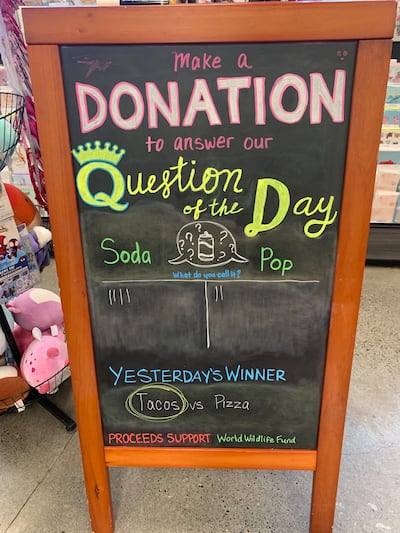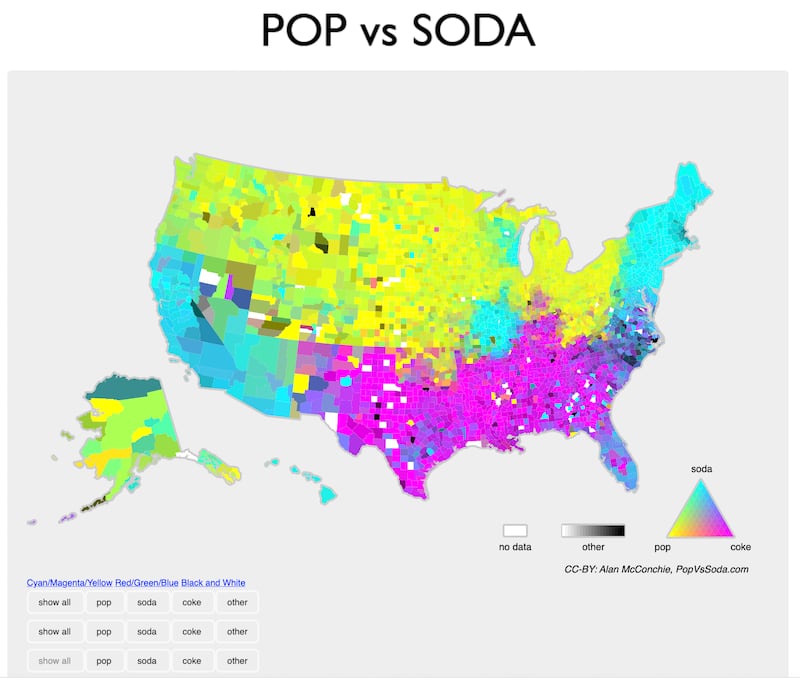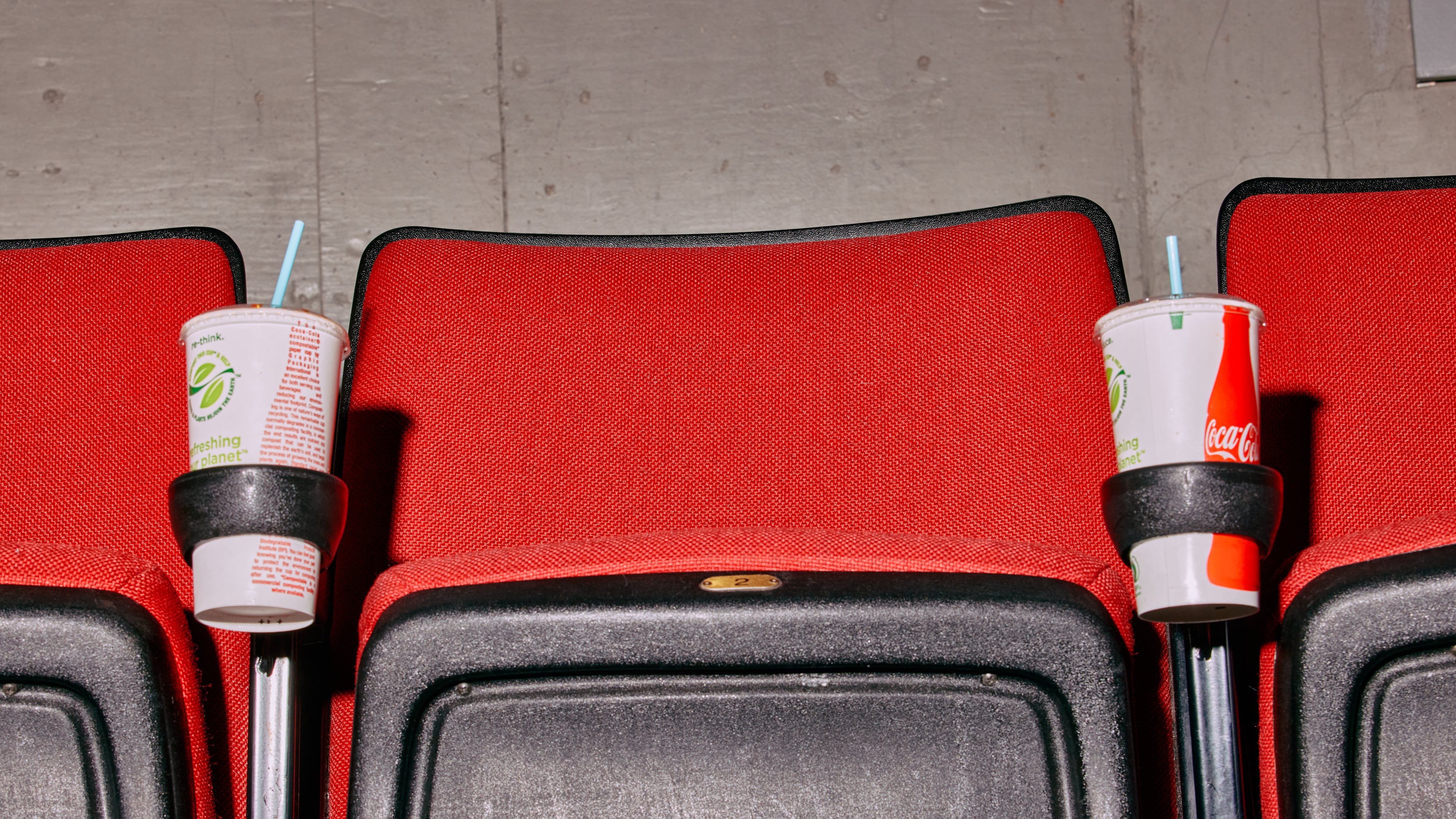A sentence in the introductory essay to this week’s cover story, “The New Portlander’s Guide to Old Portland,” has inspired a lively debate on social media (and in a Portland grocery store) on the urgent topic: Did people in Old Portland say “pop” or “soda” for carbonated soft drinks?
The paragraph in question:
But Old Portland’s not just an age, it’s a whole vibe. It’s weird, it’s small, it’s a little sleazy…It’s a faded red-and-black Blazers tattoo, it’s eating jojos from the hot case at Freddy’s, it’s saying “pop” instead of “soda” and “filberts” instead of “hazelnuts.”
(We defined “Old Portland” as existing from 1985 to 2011, i.e., from the beginning of Bud Clark’s mayoral term to its death upon the premiere of the TV show Portlandia.)
On social media, readers bonded over their shared history of saying “pop,” though some disagreed and said it was called “soda” and even “Coke” in the ’80s and ’90s. Those Twitter commenters do not specify if they are from Portland proper or elsewhere in Oregon.

By midday, the debate had spread to real life. A sandwich board sign in the QFC on Southeast Milwaukie Avenue encouraged shoppers to vote whether they call it “pop” or “soda.” As of 2:30 pm yesterday, soda was winning four votes to two, but we will remind you that 2024 is New Portland. (Clerks at the Westmoreland grocery store were unclear whether the associate who wrote yesterdays’ Question of the Day was inspired by WW’s coverage or not.)
We asked an expert to dig into the data for us. Alan McConchie is a Bellingham, Wash., cartographer who started a website called popvssoda.com at the dawn of the World Wide Web in 1995 to settle the debate. The retro, quirky website is still functioning. Since ’95, McConchie has collected over 400,000 survey responses. His results?
Oregon data on “pop” vs “soda,” 1995-present
- Pop: 3086 (58%)
- Soda: 1903 (36%)
- Coke and Other: 367 (7%)
Multnomah County data from 1995-present is even more overwhelmingly in favor of “pop.”
- Pop: 625 (64%)
- Soda: 279 (28%)
- Coke and Other: 75 (8%)
“Portland is definitely a majority ‘pop’ area, even if ‘pop’ isn’t quite as dominant as it is in parts of the Midwest,” he says. “Here in the Pacific Northwest our dialect is strongly influenced by the upper Midwest, but we also have a lot of people who have migrated here from all over the country, especially from California and the East Coast, which are both heavily ‘soda’ areas.

The amateur linguistic survey was McConchie’s first programming project of his career and it has remained his most famous. He started the project in college, after moving from the “pop”-dominant Pacific Northwest to the “soda” territory of Southern California. He used the topic as his go-to icebreaker question when he met someone new at school.
“People are passionate about this debate,” he says. “Sometimes it feels like people get excited about it because it’s so silly and trivial. It’s like a sports rivalry or something. But underneath that there’s some kind of regional pride and connection to where we live that’s very important to us.”

